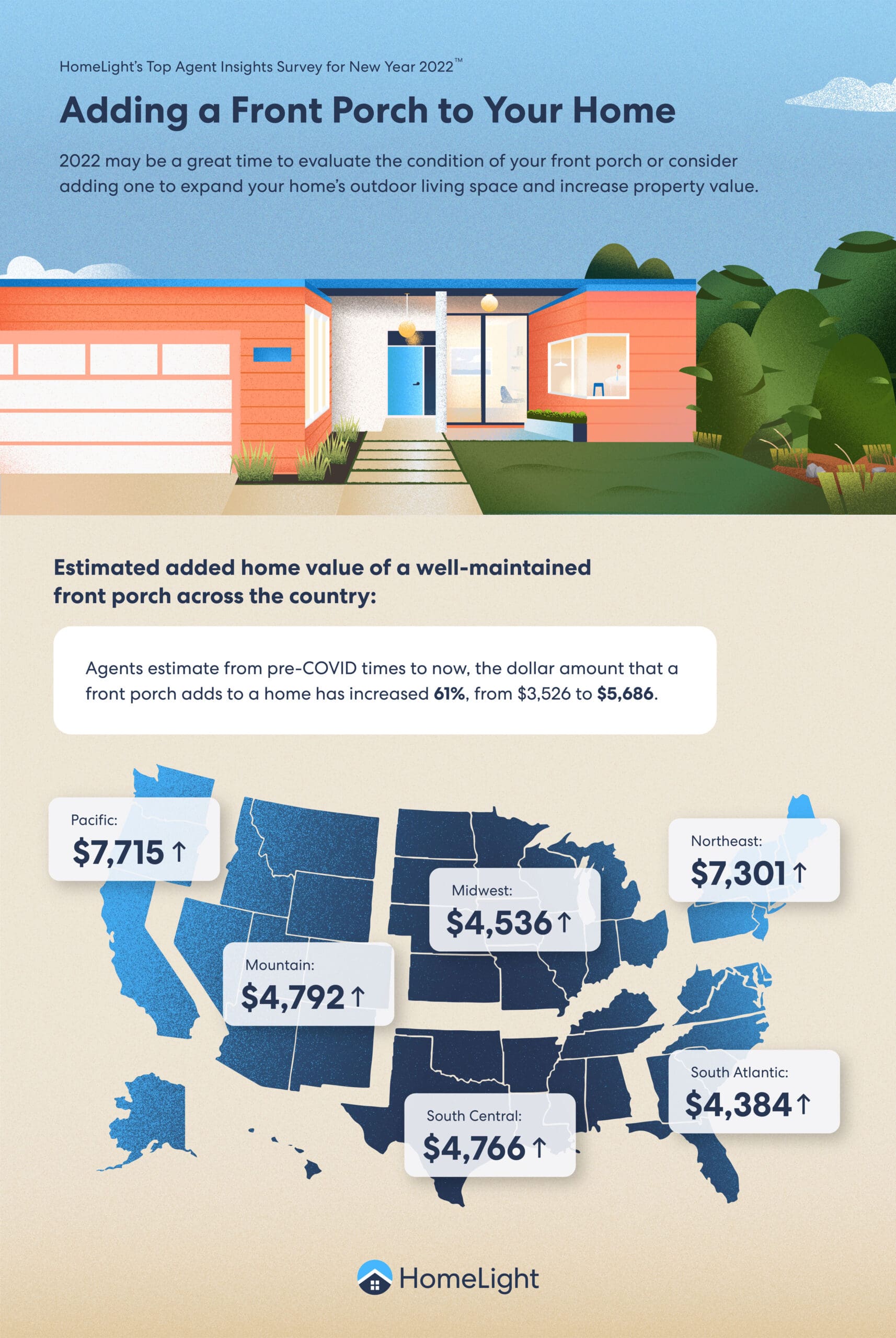You can bet on the reality that your home repair or improvement project will go over budget. Sometimes things go remarkably well and a project is actually completed for less than the projected costs. In most cases, however, the project ends up costing more as we generally underestimate the costs. To accurately calculate how much your project is going to cost, it is wise to proceed cautiously and plan for the worst case scenarios, as opposed to just planning for the cost of labor and materials.
Assess Your Property’s Value
Figuring out how much to spend on your improvement project requires finding out how much your home is worth. You need to weigh your home against other homes in your area that have the added feature. If a pool is what you are thinking about adding, what amount do homes of a similar size with pools in your area go for? Before you can set the budget for an endeavor, you need to know how much value you home will be increasing from the improvement.
The common mistake that many homeowners make is thinking that if an improvement is will add $10,000 worth of value to their home, that they can spend $10,000 making the improvement. That line of reasoning is one to avoid because, as mentioned, jobs typically exceed the budget. If you take out $10,000 to complete the project and it ends up going over budget, then the improvement simply will not be as valuable as it could have been.
Follow Your Budget
The best way to develop a reasonable budget is to try to plan for the worst possible circumstances. This way, you will be okay when things do wind up costing more, which is typical. Try to stay away from using your equity line or another type of loan to finance the project. Instead, cutback on your daily spending activities and set aside these savings for a home improvement or repair fund. Once you have the funds you need, stick to that budget. Try to economize on materials through sales or by purchasing the items from an online auction.
It may be necessary to seek advice from a professional. Unless you are a qualified contractor yourself, it can be complex to determine how best to go about purchasing materials. A contracting professional may show you how you can save money in one area or another. Ask the contractor for an estimate on supplies and then compare this with another contractor’s estimate. You will get a sense of what is practical – and if the contractor is being honest. Only try to save on labor for things you are certain you are going to be able to finish yourself. Or else you are at risk of producing costly damage to the home or having to purchase materials more than once.
Small Improvements Count
It is not always necessary to spend buckets of money on a home improvement. Do not let the hoped-for gain in the value of the home be the determining reason in which projects you end up doing. In its place, consider some of the small, feasible projects that actually make a difference. Painting is a good example. A new coat of paint will not seriously increase your home’s value, but it can add to your enjoyment of of the home enormously. However, it could greatly improve an out-of-date kitchen if you also add some new hardware on the cabinets. One common reason that home owners avoid improvement projects is thinking that the project is going to be a huge, costly burden. But small changes actually can make a big difference.

Provided by 3 Porch Curb Appeal Staging Techniques that Honor Your Home’s Style









